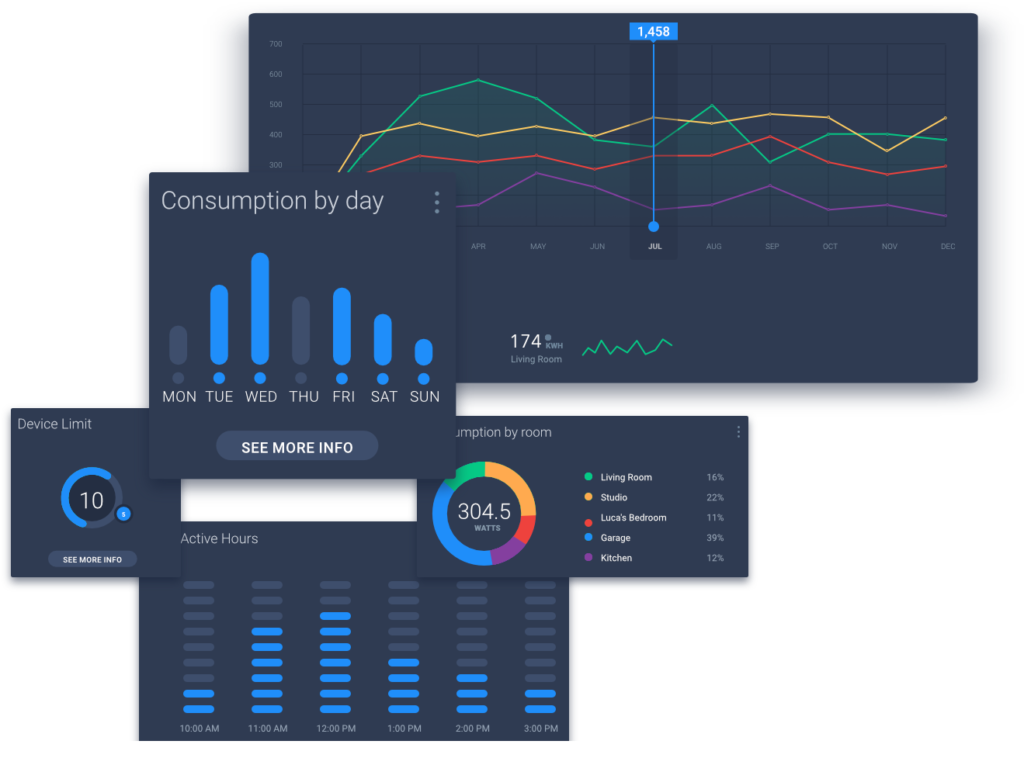SEO On-Page Optimization
SEO Services for Small & Medium business!

SEO On-Page Optimization
On page search engine optimization is a primary way to get targeted customers to your page. With the right amount of smart work, you can find your pages at or near the top of the search engine page results.
On-page optimization factors are related directly to the content and structure of the web site such as Meta tags, Navigation, Page Content, Internal Links, Keywords, H1 and H2 tags, Keyword density, Keyword Placement.
- Meta Data: Meta data is information that is found within each web page. The main meta data fields used are page title, description and keywords.
- Navigation: This will determine if search engines can access all the pages within your site and more so, how effectively. Text or CSS based navigation for better indexation and optimization.
- Page Content: How content is written for your website can also affect the performance of your site within search engines, this includes headings and formatting.
- Internal Linking: Linking is the action where by one page is linked via either text or an image to another page within your website.
- Coding or HTML Tags: How a web page is built can considerably affect how it performs within the search engines.
- H1 and H2 tags: They tell the search engines that what you are putting between the tags is important in they should pay attention. You should only have one H1 tag per page.
- Keywords: The main words that you want your web page to be found in the search engines. Each page should only have one or two primary keywords or keyword phrases that you are focusing on. Keywords should be used early and often on your page, preferably in the first paragraph and should also be used in the last paragraph.
- Cascading Style Sheet (CSS): Styles define how to display HTML elements. CSS can be used locally by the readers of web pages to define colors, fonts, layout, and other aspects of document presentation.
- Keyword density: This is the percentage of times a keyword or phrase appears on a web page compared to the total number of words on the page. It can be used as a factor in determining whether a web page is relevant to a specified keyword or keyword phrase. Keyword density, which is the percentage of times a keyword is used on a page should typically be in the three to eight percent range. You should not stuff keywords in your page, because the search engines could see that as spam.
- Keyword Placement: Placing the keywords on the proper place in the body and getting good placement for them in the search engines.

SEO Technical Audit
Before we make any specific recommendations, we want to get to know your website first. We’ll take an in-depth, thorough investigation of your website to determine if your website is set up and properly hosted. This will help us discover any problem areas that could be keeping your website from appearing in search engine results and appearing ahead of your competitors. The audit will help guide the subsequent SEO strategy.
Keywords Research Services
The road to irrelevant search results is paved with all the wrong keywords. That’s why we will spend time researching what types of keywords people use to get to the products and business they want. We’ll specifically look at your local competitors and choose the keywords that will help bring eager customers to your website and leave them happy with a search result that is exactly what they’re looking for.

